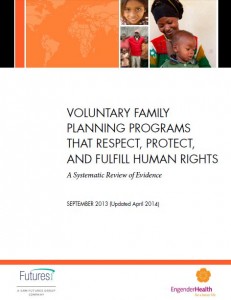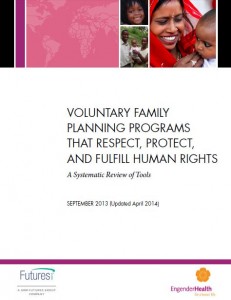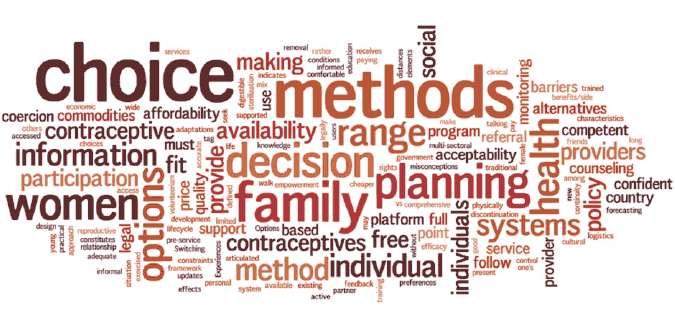By Suzanne Petroni, Senior Director for Gender, Population, and Development at the International Center for Research on Women (ICRW)
Last month, the global community celebrated the 20th anniversary of the International Conference on Population and Development (ICPD). The ICPD, which took place in Cairo in 1994, led to an historic agreement by 179 governments to place women—and importantly, their reproductive health—at the center of the sustainable development agenda. Five years later, while at the State Department, I served as the U.S. government’s “officer in charge” for the five-year review of the ICPD, where we exulted when the global community agreed to advance the ICPD agenda through promoting access to safe abortion, comprehensive sexuality education, and youth-friendly reproductive health services, among other critical areas.






